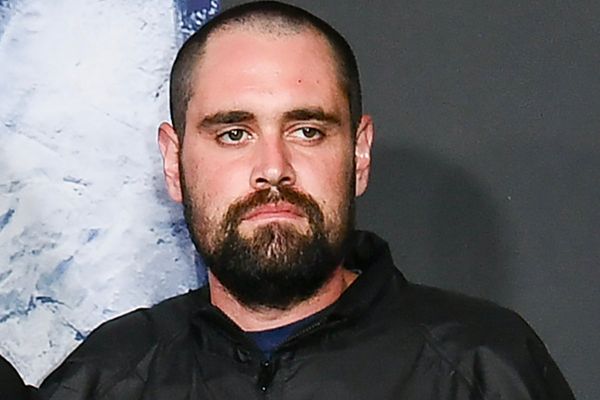
The Albanese government’s proposal to ban doxing could include penalties for “de-anonymising”, “targeting” and “delegitimising” people in public debate.
On Monday the attorney general, Mark Dreyfus, announced that his department has begun consultation for new laws that will include a right to sue for serious invasion of privacy and a criminal offence of doxing.
What is doxing?
Doxing, an abbreviation of dropping documents, refers to the intentional online exposure of an individual’s identity, private information or personal details without their consent.
According to the attorney general’s department and the e-Safety Commissioner this can include:
De-anonymising – revealing the identity of someone who was previously anonymous (for example, someone who uses a pseudonym).
Targeting doxing – revealing specific information about someone that allows them to be contacted or located, or their online security to be breached (for example, their phone number or home address, or their account username and password).
De-legitimising doxing – revealing sensitive or intimate information about someone that can damage their credibility or reputation (for example, their private medical, legal or financial records, or personal messages and photos usually kept out of public view).
Dreyfus has defined doxing as “the malicious publication of personal or private details, without the consent of the person concerned”.
“It may be that some of the information is publicly available, but the combination of that information with private and personal information and assembling in a single set of information published for what appear to be malicious reasons,” Dreyfus told ABC 730 in February.
Why is it harmful?
The department says it wants to prevent harms including: public embarrassment, humiliation or shaming; discrimination, if personal characteristics are disclosed; cyberstalking and physical stalking; identity theft and financial fraud; damage to personal and professional reputation, leading to social and financial disadvantage such as loss of employment; increased anxiety; reduced confidence and self-esteem.
Where did the crackdown come from?
In February 2023 the attorney general’s department recommended a series of changes to privacy law, including a right to sue for serious invasions of privacy.
In September the government agreed to legislate a right to sue, which would allow people to seek compensation for serious misuse of private information or intrusion on seclusion, such as being filmed in circumstances where they would have a reasonable expectation of privacy.
In February 2023, the Executive Council of Australian Jewry called for further changes after it condemned the publication of the log of a group chat of more than 600 Jewish writers and artists.
The prime minister, Anthony Albanese, revealed that in response he had “asked the attorney general to bring forward legislation in response to the Privacy Act review, including laws that deal with so-called doxing, which is basically the malicious publication of private information online”.
In addition to the right to sue, this will include a new criminal offence of doxing. The government is also planning separate provisions banning hate speech on the basis of a person’s religion.
Which attributes will be protected?
In February, Dreyfus told the ABC “this legislation is going to protect all Australians”. “We want to protect everybody in Australia from being targeted just because of who they are or what they believe.”
The attorney general declined to say which attributes would be protected, and whether these would include gender and sexuality.
“[Doxing] takes different forms, it’s clearly got different malicious purposes, depending on the context,” he said. “But that’s something that we’re going to have to deal with when we prepare this legislation.””
Who will be liable?
Dreyfus has said that “the person who has compiled the information that amounts to doxing – they should be liable, but so should there be controls on republishers, controls on the social media platforms”.
But without a consultation paper or draft legislation on what the new offence would look like, it is not possible to say if the leak to Nine newspapers of WhatsApp correspondence of Jewish Australians which spurred the government to action would be captured.
Dreyfus said that “with massive changes in digital technology that is throughout our society the opportunities for invasions of privacy … for the use of people’s personal information without consent [and] for really malicious actions to take place affecting hundreds or thousands of people very, very quickly has been made possible”.
“Legislation has struggled to keep up … And clearly though all of those things that needing to be looked at.”
Are there concerns?
Dr Jennifer Beckett, a senior lecturer in media and communications at the University of Melbourne, said that she is “concerned” by the reach of a ban on “de-legitimising doxing”.
“Sometimes that reveals criminal behaviour, or people behaving hypocritically.
“Sometimes, that is a form of activism,” she said, citing identifying members of the far-right Proud Boys group or people who participated in the January 6 storming of the US Capitol building.
Beckett noted the existing offence of using a carriage service to threaten or harass, questioning “why have we been so slow to use remedies that already exist, given the seriousness of the issue [of doxing]”.
Beckett also warned a right to sue, like defamation, would be “a rich person’s game”, advantaging those who can afford litigation.
Dreyfus has said: “We’ll be looking to make sure there is a proper protection of press freedom.”







